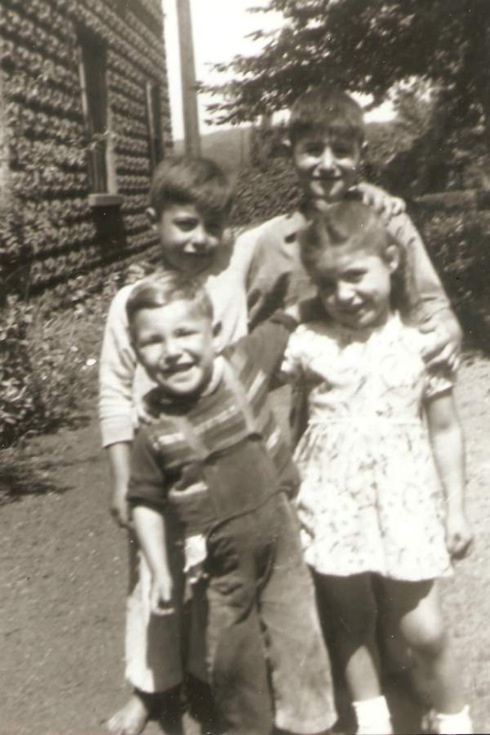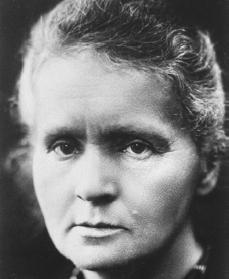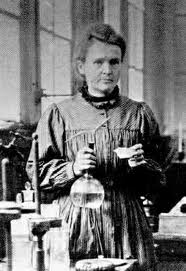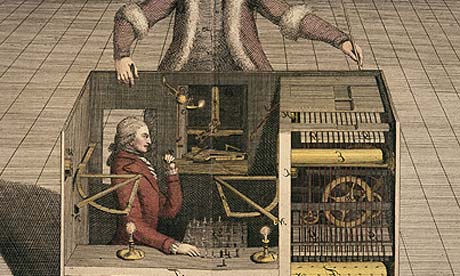“Are you crying, Mom?” Jane looked up from her book.
“What is it?” Elsie came back into the kitchen.
Benjamin, 3, walked over to me, quite concerned, and began rubbing the tears off my cheek (or, rather, smearing them all over my cheek) with a little fist. “Why are you trying, Mom?”
The kids and I were all sitting around the breakfast table a few days ago, reading to ourselves while sipping smoothies, when I started sobbing.
Okay, I’ll be honest with you—this isn’t an unusual occurrence; tell me a touching story and I’m a tear factory. But this time my sobs were a little more vehement and out-of-the-blue. I decided to read the article out loud to the kids from the beginning, tapping into a fresh spring of tears.
The author was recalling the time when his 9-month-old son died from choking on a piece of chalk he found on the floor and the feelings of guilt, pain and anger that ensued. As I read, I experienced the same emotions he was describing, as if I had lost one of my own children. Yet the message was uplifting overall because the father found meaning and hope in his son’s death.
I then told them the story of how my grandmother’s 3-year-old brother Johnnie passed away in his mother’s arms, struggling for his last breath with his arms wrapped tightly around her neck. He had an open valve in his heart, a problem we can fix quite easily surgically today, and we had a tangential discussion about the anatomy and physiology of the human heart. My mother overheard me telling this story to rapt ears, and came out to help fill in the details.
“Great Grandma G. was 16 and dating your Great Grandpa at the time,” she added, “She cried in his arms on his porch swing when Johnnie died.”
Our days are teeming with stories, read silently and told aloud; poetry, prose and anecdotes; stories of ancestors, scientists, artists, mathematicians, leaders, and good men and women; fiction and non-fiction. Our own personal experiences are stories as well. Real Learning happens through stories because they ignite passion within a person, and inspire change.
Throughout history, principles, ideas, and family history were taught through stories—by an elder member of a tribe, or a travelling bard, for example. Jesus Christ taught through parables. Even marketing gurus and Hollywood understand and use the principle of storytelling to communicate an idea, persuade or evoke change in a person.
So why doesn’t conventional education use or acknowledge this?
When information is divorced from its story, it loses its significance and emotion, and is therefore easy to forget. Even worse, it can stifle a person’s desire to learn. Learning becomes synonymous with boring.
Start telling stories and you’ll breathe life back into learning.







